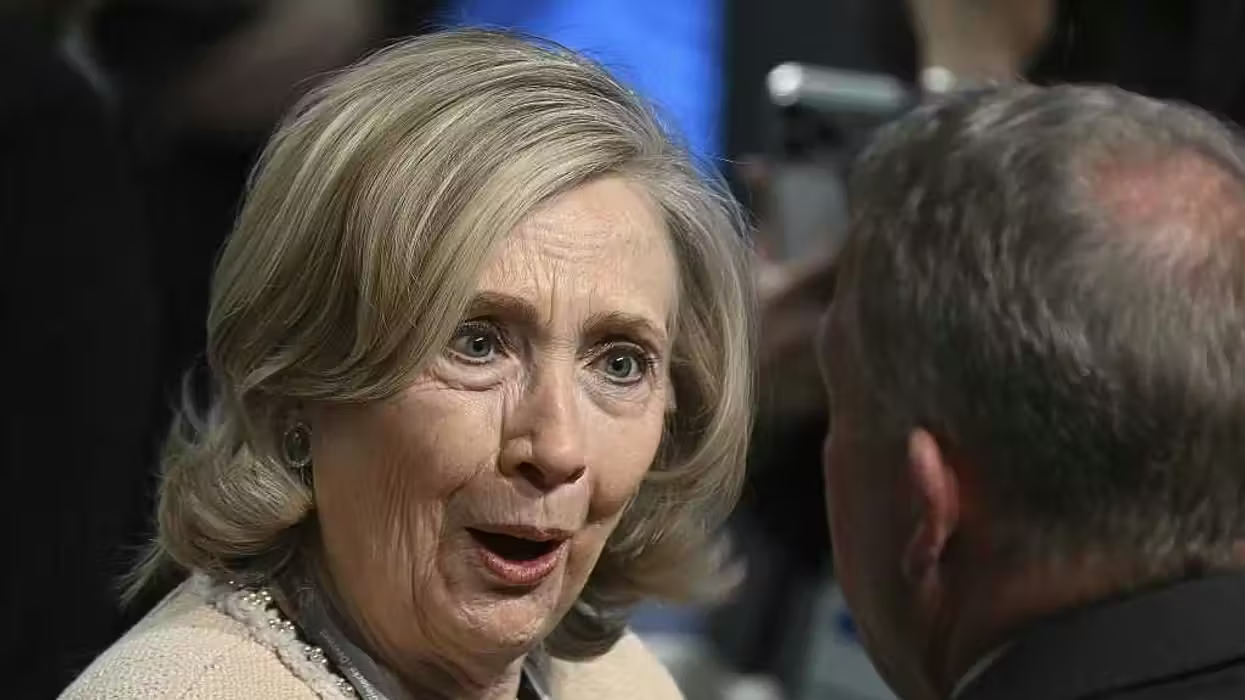Due to her unwillingness to intervene to help the Rohingya people, Amnesty International has revoked an award it gave in 2009 to Myanmar's de facto leader Aung San Suu Kyi.
What's happening in Myanmar?
The Rohingya are an ethnic minority who live in an area of Myanmar called the Rakhine state. Most of the Rohingya are Muslim, but a minority are Hindu. The vast majority of people in Myanmar are Buddhist. The U.N. and Amnesty International have previously accused local Buddhist mobs and the national militia of killing Rohingya civilians and burning villages. As many as 700,000 Rohingya have fled to neighboring Bangladesh.
In August, the U.N. Human Rights Council concluded a yearlong fact-finding mission and determined that six Tatmadaw military commanders from Myanmar were responsible for “patterns of gross human rights violations and abuses,” which “undoubtedly amount to the gravest crimes under international law.”
A report about that mission from the U.N. said that “the crimes in Rakhine state, and the manner in which they were perpetrated, are similar in nature, gravity and scope to those that have allowed genocidal intent to be established in other contexts.”
What award?
Amnesty International had given Suu Kyi its 2009 Ambassador of Conscience Award. At the time she was living under house arrest for her pro-Democracy views. She had been a crucial player in the push for free elections and an end to the regime of Myanmar's former dictator General Ne Win. In 2015, her party would finally win control of the government.
Although she became the de facto leader of the country, she was barred from officially becoming president because of a rule blocking people with foreign spouses or children from running for that office.
But once in power, Suu Kyi has done nothing to help the plight of the Rohingya. Her administration also labeled them “terrorists,” and denied that any crimes were being committed against them. She also has spoken in defense of the arrest and imprisonment of two Reuters journalists who had been investigating the Rohingya crisis.
What did Amnesty International say?
Amnesty's Secretary General Kumi Naidoo wrote a letter to Suu Kyi, explaining the reason behind revoking the award.
“As an Amnesty International Ambassador of Conscience, our expectation was that you would continue to use your moral authority to speak out against injustice wherever you saw it, not least within Myanmar itself,” Naidoo wrote.
“Today, we are profoundly dismayed that you no longer represent a symbol of hope, courage, and the undying defence of human rights. Amnesty International cannot justify your continued status as a recipient of the Ambassador of Conscience award and so with great sadness we are hereby withdrawing it from you.”
This isn't the first award she's had revoked
In March, the U.S. Holocaust Museum in Washington D.C., revoked an award it had given to Suu Kyi after she refused to acknowledge the plight of the Rohingya and hindering those who tried.







